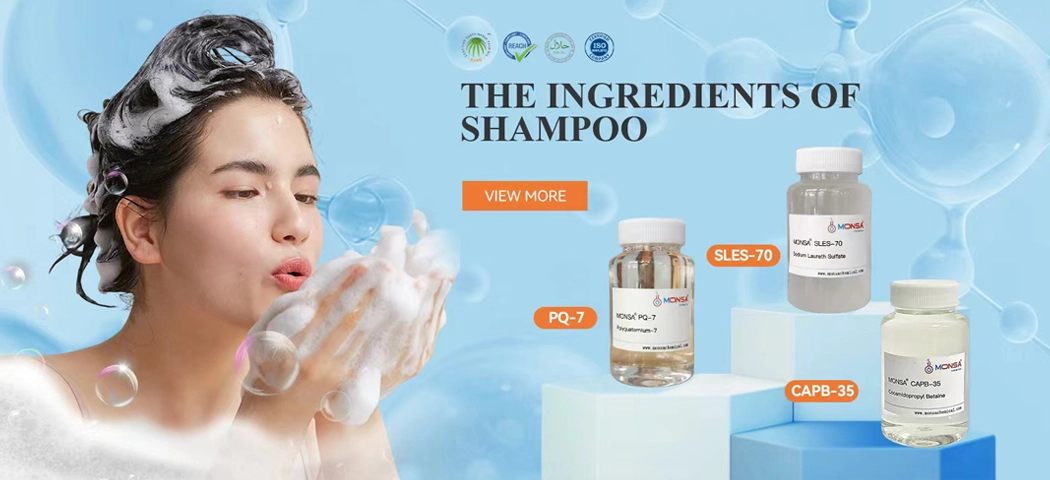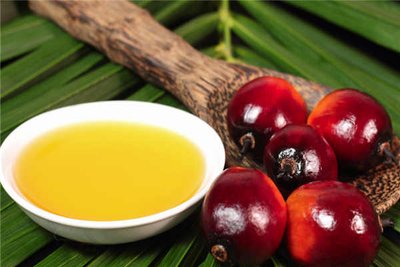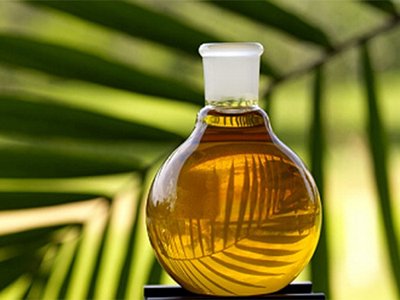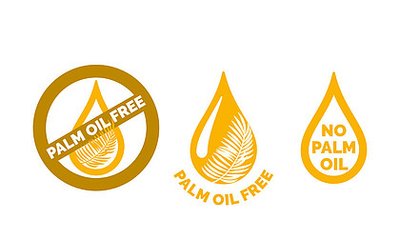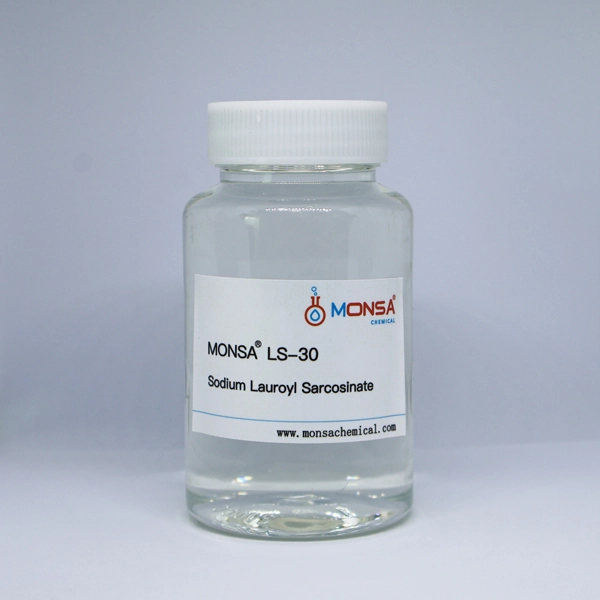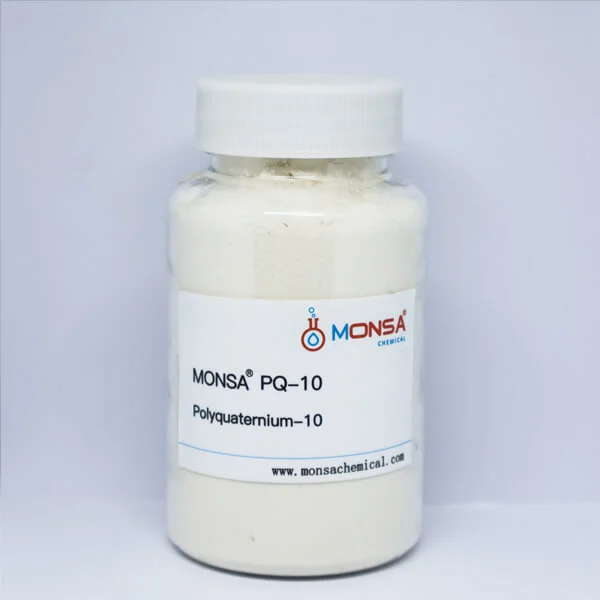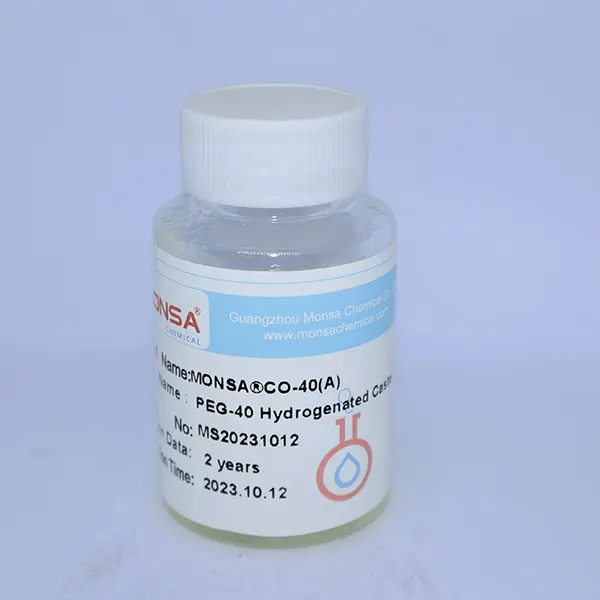English

- MONSA® SLES-70 (1EO)
- MONSA® SLES-70 (2EO)
- MONSA® SLES-70 (3EO)
- MONSA® SLES-28 (3EO)
- MONSA® LABSA-96
- MONSA® SLS-29
- MONSA® SLS-92 (Needle)
- MONSA® SLS-92 (Powder)
- MONSA® ALES-70 (2EO)
- MONSA® ALES-70 (3EO)
- MONSA® ALS-70
- MONSA® AOS-35
- MONSA® AOS-38
- MONSA® AOS-92
- MONSA® TIPA
- MONSA® DLS-50
- MONSA® DLS-90
- MONSA® MES-30
- MONSA® MES-40
- MONSA® LS-30
- MONSA® CT-35
- MONSA® SCI-80
- MONSA® SCI-85
- MONSA® L7
- MONSA® ISL
- MONSA® LAS-70
- MONSA® LAS-80
- MONSA® LAS-90
- MONSA® SLSA-90
- MONSA® LS-95
- MONSA® GCK-30
- MONSA® GCK-95
- MONSA® SCG-30
- MONSA® SCG-95
- MONSA® SCN-95
- MONSA® SLG-95
- MONSA® SMLT-30
- MONSA® SMLT-95
- MONSA® SMCT-35
- MONSA® SMCT-95
- MONSA® CTT-35
- MONSA® DCG-30
- MONSA® SLMI-75
- MONSA® SLI-80
- MONSA® LAURETH-2
- MONSA® LAURETH-3
- MONSA® LAURETH-4
- MONSA® LAURETH-7
- MONSA® LAURETH-9
- MONSA® LAURETH-10
- MONSA® APG 0810-50
- MONSA® APG 0810-70
- MONSA® APG 0814-50
- MONSA® APG 1214-50
- MONSA® CMIPA
- MONSA® CMEA
- MONSA® CMMEA
- MONSA® CDEA
- MONSA® APG 0810-60
- MONSA® TWEEN-20
- MONSA® TWEEN-60
- MONSA® TWEEN-80
- MONSA® SPAN-60
- MONSA® SPAN-80
- MONSA® NP-4
- MONSA® NP-6
- MONSA® NP-9
- MONSA® NP-10
- MONSA® PEG400
- MONSA® PEG600
- MONSA® PEG2000
- MONSA® PEG4000
- MONSA® PEG6000
- MONSA® PEG8000
- MONSA® LAURETH-12
- MONSA® LAURETH-15
- MONSA® O-20
- MONSA® O-25
